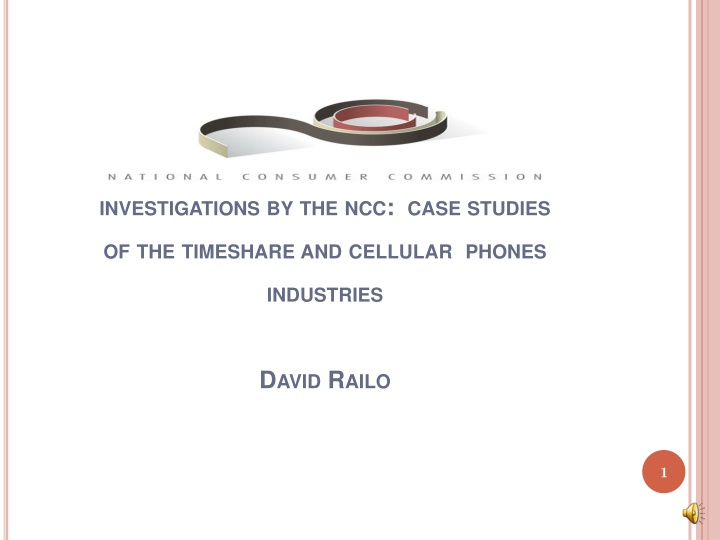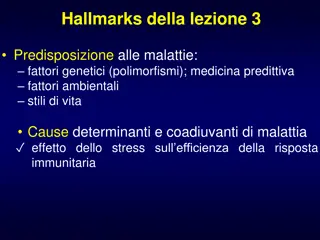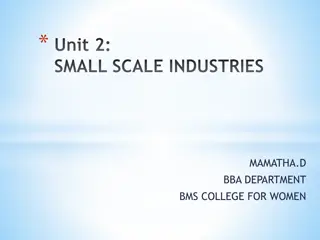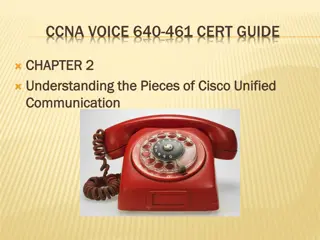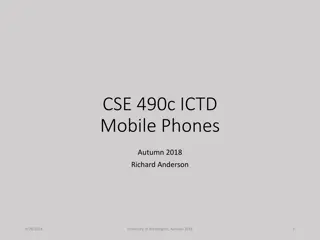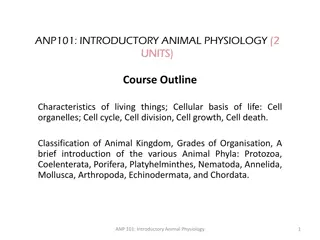Case Studies of the Timeshare and Cellular Phones Industries
These case studies by David Railo investigate the operations and impacts within the timeshare and cellular phones industries. Through detailed analysis and research, valuable insights are provided into these sectors.
Download Presentation

Please find below an Image/Link to download the presentation.
The content on the website is provided AS IS for your information and personal use only. It may not be sold, licensed, or shared on other websites without obtaining consent from the author.If you encounter any issues during the download, it is possible that the publisher has removed the file from their server.
You are allowed to download the files provided on this website for personal or commercial use, subject to the condition that they are used lawfully. All files are the property of their respective owners.
The content on the website is provided AS IS for your information and personal use only. It may not be sold, licensed, or shared on other websites without obtaining consent from the author.
E N D
Presentation Transcript
INVESTIGATIONS BY THE NCC: CASE STUDIES OF THE TIMESHARE AND CELLULAR PHONES INDUSTRIES DAVID RAILO 1
PURPOSE The presentation is about case studies of two investigations done by the NCC The NCC investigated the non compliance of the contracts of the mobile phones service providers as well as the Timeshares service providers In our investigations we found that both the mobile phones service providers and the Timeshare service providers do not comply with the CPA 2 At the end recommendations were proposed
WHATEMPOWERSTHE NCC TOINVESTIGATE? The NCC is empowered by Section 72 of the CPA to investigate The Section states that Upon initiating or receiving a complaint, the NCC may direct an inspector to investigate the complaint as quickly as practicable The complaints received by the NCC are normally around: Misleading adverts, unfair contract terms, Refusal to cancel contracts, Overbooking and overselling, Unauthorized debit order deductions, Litigations against consumers, Unfair resell 3 terms, etc
THEPROCESSOFINVESTIGATION Matters to be investigated are presented before the Screening Committee before any investigation can take place In deciding whether to investigate or not, the Screening Committee determines if the consumers rights as contained in the CPA have been infringed, impaired, threatened In general the Committee looks if there is any allegation of prohibited conduct that occurred or is occurring The Committee also determines if the NCC has jurisdiction 4
THEPROCESSOFINVESTIGATIONCONT.. To determine jurisdiction, the Committee must establish if: (i) the alleged conduct is a breach of the CPA or not (ii) a consumer court exists, or for that matter, an alternative Dispute Resolution Agent duly accredited by the NCC exists (iii) How widespread are the complaints received (iv) It has been decided by the NCC as a matter of policy/strategy, to apply a particular sanction to all of the kind alleged conduct (v) If the conduct can be declared prohibited, what would be the impacts to consumers 5
THEPROCESSOFINVESTIGATIONCONT.. (iv) The investigation may be further be part of joint compliance priorities as may be determined in consumer forums or in working together with the Competition Commission, Credit Bureaux or other similar authorities In determining whether a matter warrants investigation, the following factors will be considered: (i) Whether intervention by the NCC will have a timely impact on the market conduct (ii) Financial losses or other harm suffered by consumers as well as the number of consumers affected 6
THEPROCESSOFINVESTIGATIONCONT.. (iii) The health and safety of the community or other public interest (iv) Prevalence of the alleged prohibited conduct. whether the conduct is widespread and the application of a sanction is likely to have a deterrent effect (v) The conduct is systemic, deliberate and not inadvertent, a blatant or flagrant breach (vi) The complaint is not trivial and/or a technical breach without harm 7
THEPROCESSOFINVESTIGATIONCONT.. All investigators must be duly appointed by the Commissioner and the business under investigation must be properly informed about the investigation To begin the investigation, the investigator must gather and assess evidence, consult with the experts, conduct tests, interview witnesses, conduct inspections, etc Investigators may issue summonses, enter the premises to conduct searches, and they must record all the information gathered in an appropriate manner Confidentiality should also be adhered to 8
TIMESHAREINVESTIGATION Investigation of Timeshare industry was prompted by a huge number of complaints filed with the NCC (hundreds of them) Consumers complained that at the time that they contracted, they were not told that they would be liable to the so-called annual management fees Most consumers could not be refunded even if they cancelled the contracts during the cooling off period Suppliers promised consumers services and benefits that they could not deliver 9
PURPOSEOFTIMESHAREINVESTIGATION The main aim of this investigation was to establish the trends around: Misleading advertisement, unfair contract terms, Refusal to cancel contracts, Overbooking and overselling, Unauthorized debit order deductions, Litigations against consumers, and Unfair resell terms The Screening Committee approved the investigation, Investigators were duly appointed and all businesses under investigation were forwarded Investigation Certificates In short, this investigation was in line with the investigation 10 manual
PROCESSFOLLOWED The investigators did a desktop research to establish the market size and the legislation governing Timeshare market This research revealed that the Industry contributes R2 billion to the South African economy The industry is made up of at least five (5) different products available to the consumer: (i) Traditional Module Week Program, (ii) Points Based Program, (iii) Fractional Ownership, (iv) Destination Clubs, and (v) Private Residence Clubs There are also shared vacation and vacation ownership exchange concepts that are prevalent 11
PROCESSFOLLOWED The investigators also analyzed the consumer files which were around 545 to establish the facts in more detail The investigators also contacted the complainants for further information and also to verify if their matters were resolved or not It was discovered that the CPA does not have clauses that specifically deal with Timeshares, however many clauses do apply 12
LEGISLATIONREGULATINGTIMESHARE Timeshares are also governed by the Property-Sharing Control Act 1983 (Act 75 of 1983) administered by the dti This Act did not create any Regulator to deal with Consumer Complaints, it referred consumers to the magistrates courts This Act is outdated and does provide not adequate protection There is also the Share Blocks Act 1980, (Act 59 of 1980) and this Act was more relevant because most of the complaints revolved around Points-Based Program The clauses of this Act were also contravened by the market 13 players
ORGANISATIONOFTHETIMESHAREINDUSTRY Timeshare Institute of South Africa also developed a Code of Conduct for the Time-Sharing Industry The purpose was to govern business practices within the time-sharing industry by protecting both the interests of consumers and the industry, an promote an equitable balance between these interests However, the code does not in any way replace whatever rights or remedies a consumer may have by virtue of any agreement, the common law or any Act of parliament 14
ORGANISATIONOFTHETIMESHAREINDUSTRY The Time share industry is currently using a code of conduct developed by a self-regulating body, Vacation Association of Southern Africa (VOASA) All members of VOASA agreed to abide by this code and the majority of the suppliers are members It can be stated from the onset that members of VOASA do not even abide by their own code The code is currently being re-drafted so that it can be in line with the CPA 15
CONCLUSIONSANDRECOMMENDATIONS It was concluded that the Timeshare industry violates a number CPA provisions As a way forward, it was recommended that the NCC makes an application to the NCT to declare these business practices as unconscionable and prohibited It was also recommended that a new legislation be developed in line with the EU legislation The industry must also speed up the development of the code of conduct in line with the CPA 16
MOBILEPHONESINVESTIGATION The investigation was about checking whether contracts terms are in line with the CPA The Investigators summoned contracts from all the mobile phones in the country, Vodacom, MTN, Cell C and Telkom Mobile The preliminary finding was that these contract terms and conditions were not compliant with the CPA After the analysis was done, the NCC interacted with these suppliers as a way of giving feedback 17
SECTIONSTHATWERECONTRAVENED Section 11 about Privacy: In the contracts, suppliers wanted to share information with third parties Section 13 about Bundling of services: The suppliers were bundling services without showing economic benefits to the consumers Section 14 about termination of the contracts: The suppliers were charging the consumers full contract amount for termination which is against the CPA Section 20 about return of goods: The suppliers did not accept returned goods or did not pay the refunds 18
SECTIONSTHATWERECONTRAVENEDCONT... Section 22 about plain language: Most contracts were not written in plain and understandable language Section 23 about disclosure of prices: Detailed itemized pricing was not displaced on the items Section 48 about unfair contract terms: All supplier contracts terms were in favour of the suppliers Section 63 about expiry of prepaid certificates, credits and vouchers: It is a practice with all suppliers that vouchers expires before the set time of three years 19
CONCLUSIONS All the suppliers under investigation were issued with the Compliance Notices The Compliance Notices encouraged the suppliers to amend their contract terms in order to comply with the CPA All the entities tried in way to amend their contracts to comply with the requirements of the CPA even if they are fully compliant especially with regard to expiry of vouchers and setting of the call limits when roaming 20
CONCLUSIONS LADIES AND GENTLEMEN, THANK YOU!!!!! 21
